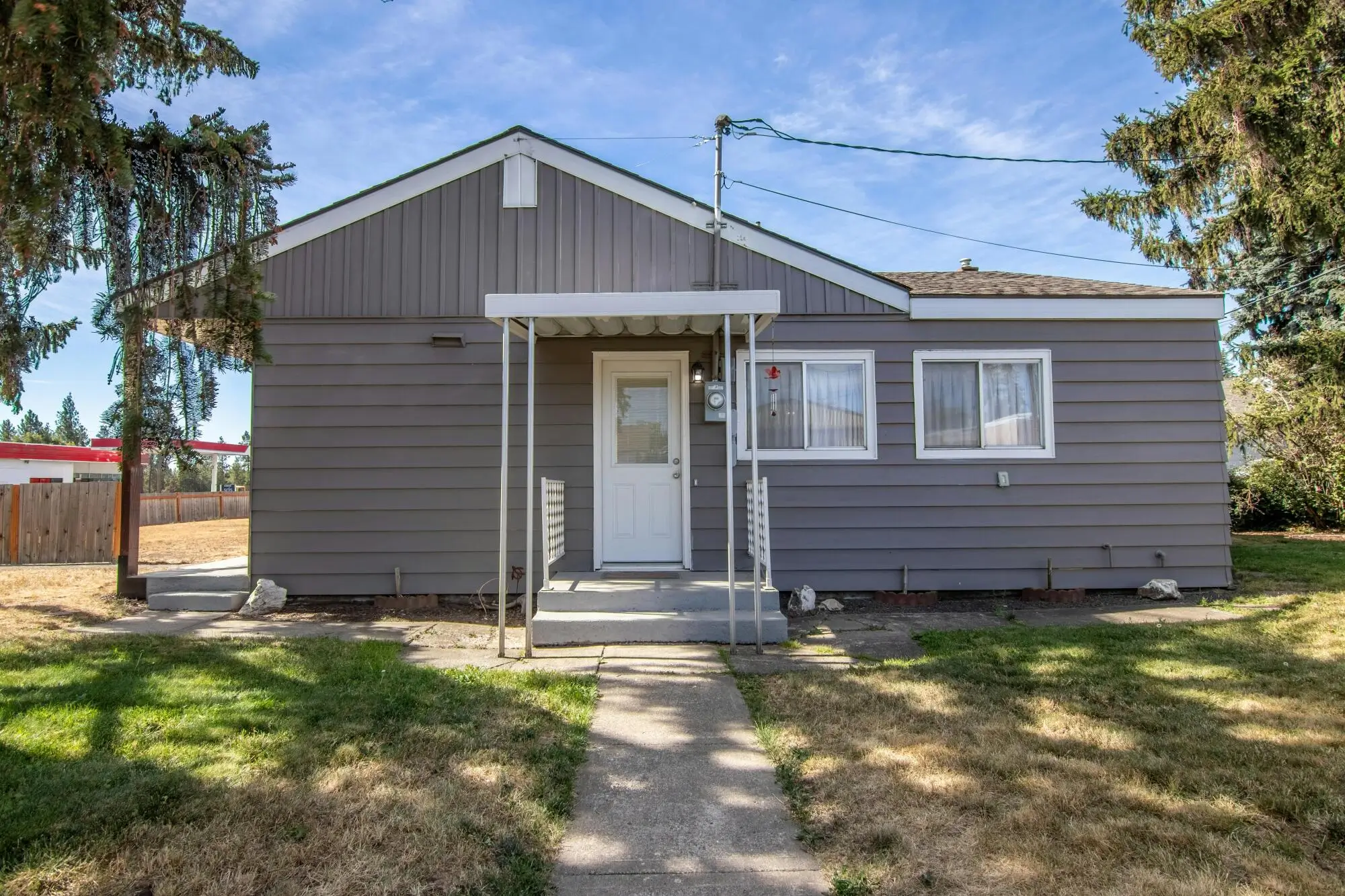According to information from Pew Research Center, there are 20 million rental properties in the US. If you're a landlord, you've probably heard the phrase "owner disbursements."
New landlords might not understand what this means, however, or understand the process of rental income management as a whole. This article explains the role of a property manager with owner disbursements and how the disbursement process works, along with how property managers can help streamline this process.
What Are Owner Disbursements?
Owner disbursements are part of rental property accounting. During the disbursement process, property owners make payments from the income their rental properties generate.
Bothell Property Services typically makes these payments on behalf of property owners, working to streamline the process and make it easier for everyone involved. In some instances, landlords make these payments, but only if they're the ones managing their homes for rent.
Different Types of Owner Disbursements
There are multiple types of owner disbursements. This includes any of the following:
- Profits
- Rental income
- Late fees
- Application fees
- Pet fees
- Expense reimbursements
- Security deposits
It's important to understand that owner disbursements are a business expense. The value of each owner disbursement is dependent on how much profit is made. Additionally, these disbursements are made monthly or annually, at regular times.
What About Working Capital?
Both owner disbursements and capital gains alike are used as working capital, working to prevent debt.
However, this should only be done infrequently. Instead, keep any disbursements in their own equity account. This prevents them from blending with personal expenses.
What Is the Disbursement Process?
Owner statements include owner disbursements. These organized records work to track:
- Property expenses
- Overall rental income
- Any operating costs
- A detailed report of account ledgers
- Any opening and closing balances for the property/properties
During the disbursement process, these records let landlords know how their property is performing financially. These records are also crucial when paying the IRS, so they must be accurate and transparent.
Landlords should request these records frequently, keeping an eye on their rentals and making decisions based on financial gains.
How Owner Disbursements Are Used
Property managers handle expenses for landlords. They use funds to handle the following:
- Routine maintenance
- Repairs, both planned and unexpected
- Utilities
- Taxes
- Security fees
They use rental income to pay for these items. From there, they send regular disbursements to property owners. This way, landlords don't have to worry about the stress of managing funds or maintaining property.
Instead, they'll receive scheduled payments as income distribution.
The Role of Property Managers in Owner Disbursements
Since property managers handle owner disbursements, their role is integral. This helps landlords handle repairs at their property, trusting that property managers are handling the expenses and appropriately distributing the funds. Landlords can also relax as they receive regularly scheduled owner disbursements.
PMI Equitas has everything landlords need to run successful rental properties. Contact us or get a free rental analysis today. From tenant screening to marketing and rent collection, we handle everything for the landlords and renters we work with.


